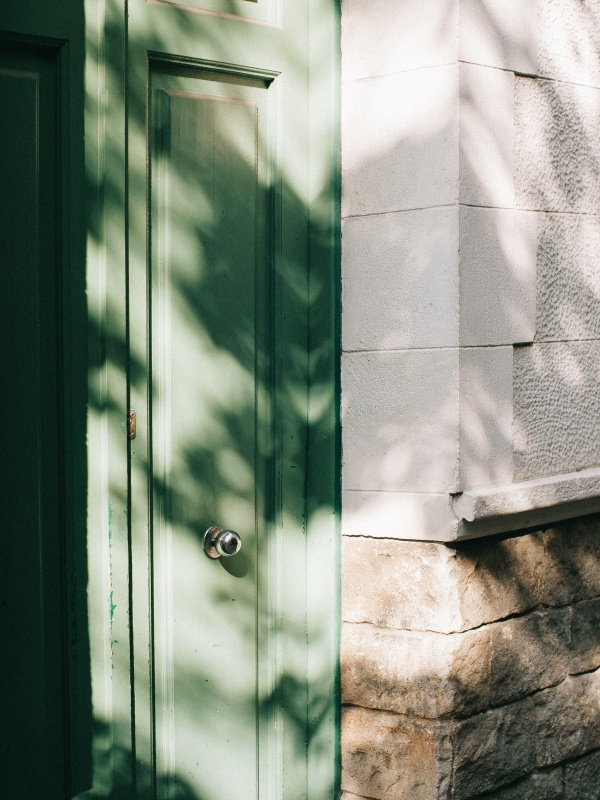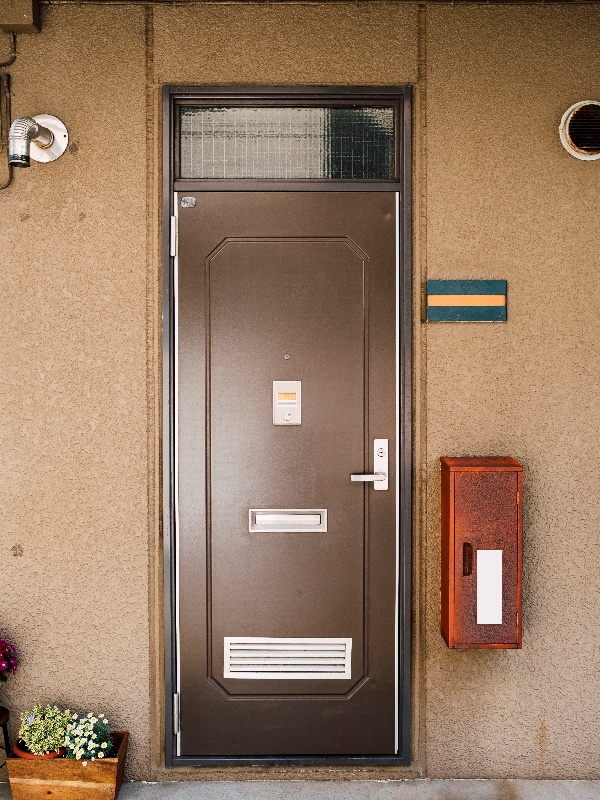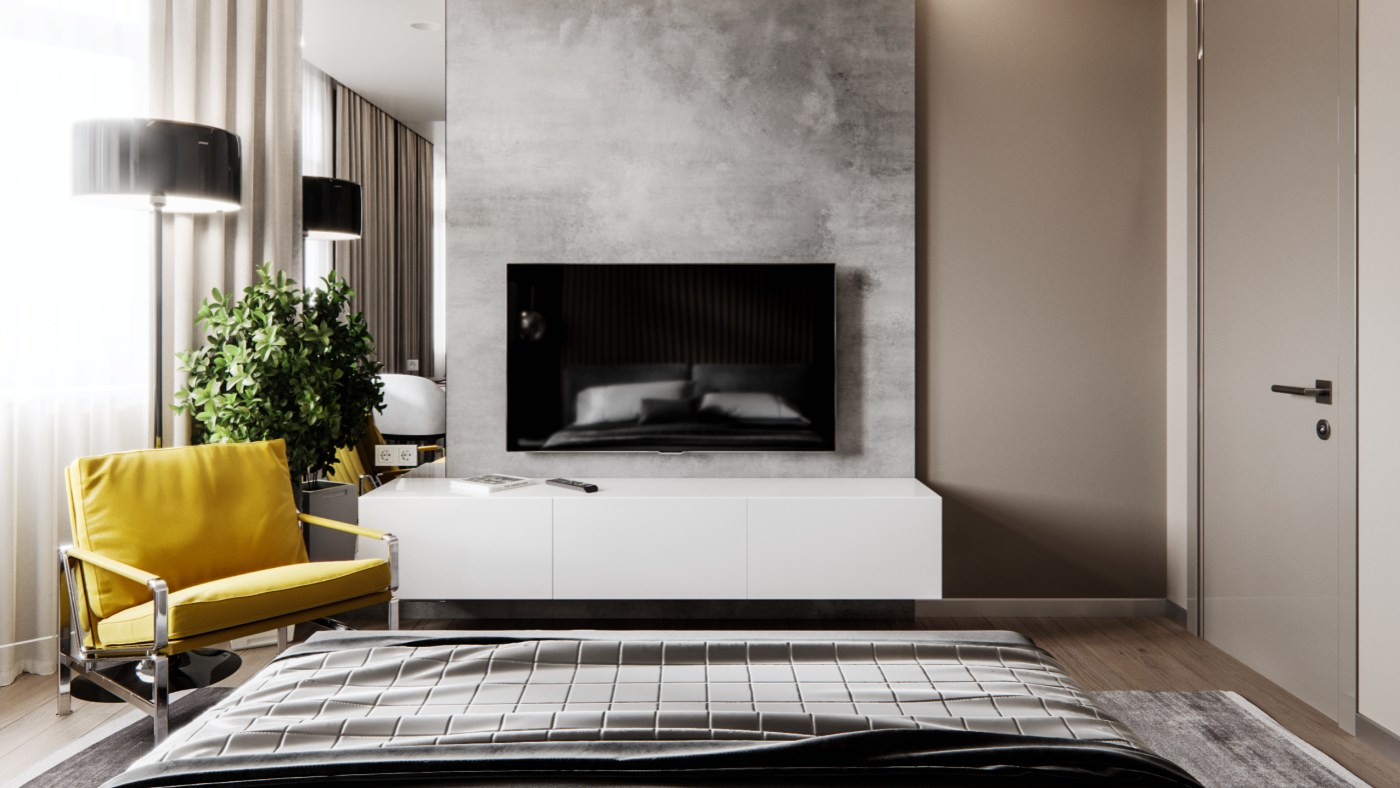Both doorknobs and lever handles are common choices when it comes to choosing a door handle. They each have unique features and advantages, and are suitable for different occasions and needs. In this article, we will explore the differences between doorknobs and lever handles, as well as their real-world applications and benefits.
1. Doorknob vs Lever Handle: Differences and Design Features
Doorknob: Doorknobs are usually round or spherical and are rotated to open the door. They are generally installed on traditional doors, such as bedroom doors, bathroom doors, etc. The design of doorknobs is simple and classic, suitable for a variety of indoor environments.
Lever Handle: Lever handles are a straight handle that is moved downward or upward to open the door. Their design is more modern and simple, and they are commonly found on doors in commercial buildings, offices, and public places. Lever handles are usually easier to operate, especially for the elderly and people with disabilities.
2. Comparison of the advantages of doorknobs and lever handles
Advantages of doorknobs:
 Classic design: The classic design of doorknobs is suitable for a variety of interior decoration styles, adding a touch of traditional charm to the room.
Classic design: The classic design of doorknobs is suitable for a variety of interior decoration styles, adding a touch of traditional charm to the room.
Wide applicability: Door handles are suitable for most traditional doors, including wooden doors, metal doors, etc., and have a wide range of applications.
Relatively low cost: Door handles are usually cheaper than lever handles and are an affordable choice.
Modern design: The simple design of the lever handle is more in line with the aesthetic trend of modern architecture, adding a sense of fashion to the room.
Easy to operate: Compared with the rotation operation of the door handle, the up and down movement of the lever handle is easier to operate, especially suitable for the elderly and disabled.
Better accessibility: The operation method of the lever handle makes it easier to open the door, improving the accessibility and convenience of the door.
3. Application scenarios of door handles and lever handles
Application scenarios of door handles:
Home doors: Door handles are suitable for internal doors of the home, such as bedroom doors, bathroom doors, etc.
Traditional buildings: Door handles are commonly found in traditional-style buildings, adding a classical atmosphere to the room.
Application scenarios of lever handles:
Commercial buildings: Lever handles are commonly found on doors in public places such as commercial buildings and office buildings, improving the convenience and accessibility of the door.
Hospitals and nursing facilities: Due to the ease of operation of lever handles, they are often used on doors in hospitals and nursing facilities for the elderly and disabled.
4. Doorknobs vs levers
Children
Parents of curious toddlers often prefer doorknobs, which are difficult for little hands to turn. If your child often goes where they shouldn’t, a doorknob may be your best choice. However, if you can trust your little angel and need them to be able to open the door easily, you can choose a lever.
Seniors
Levers are popular for those who plan to age in place or are prone to arthritis and other grip strength issues. If you or a loved one has grip or fine motor skill issues, opting for a lever can save a  lot of trouble and make them feel more comfortable.
lot of trouble and make them feel more comfortable.
People with disabilities
People with disabilities often choose levers for the same reasons that people with arthritis choose levers. If you’re concerned about motor skill issues, such as losing a hand or arm to amputation, or have difficulty operating a door while using a cane, walker, or other mobility aid, consider a lever. Some municipalities even require levers instead of knobs to meet accessibility requirements.
Mischievous Pets
They don’t have thumbs, so how much trouble can they cause? It turns out they can cause a lot of trouble. Some pet owners get frustrated when their cat or dog figures out how to operate a lever. Door handles are a great option if you don’t want your furry friend to break into restricted areas.
Service Animals
While you don’t want your mischievous pet using a lever, it may be just what your service animal needs. A lever can make it easier for your service animal to complete daily tasks or call for help when needed.
A lever may also be your solution if you frequently have dry hands (if you’ve experienced an extreme winter, you’ll know what we mean) or if your hands are soaking wet from washing dishes or coming back from the pool. These situations can make turning a door handle tricky.
5. Conclusion
Door handles and lever handles each have their own unique design features and advantages, suitable for different occasions and needs. When choosing, you need to weigh the actual situation and usage needs. If you focus on classic design and traditional style, door handles are a good choice; if you pursue a modern look and better accessibility, then lever handles may be more suitable. Ultimately, choosing the right door handle will add a perfect finishing touch to your door.
Post time: Jun-05-2024



